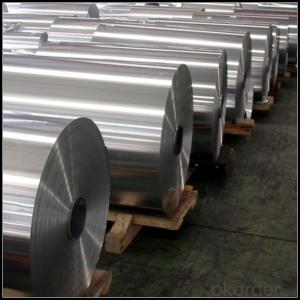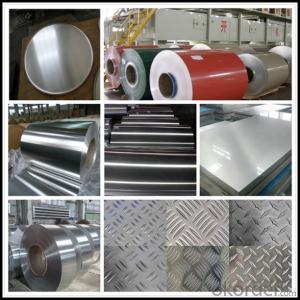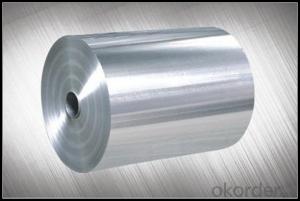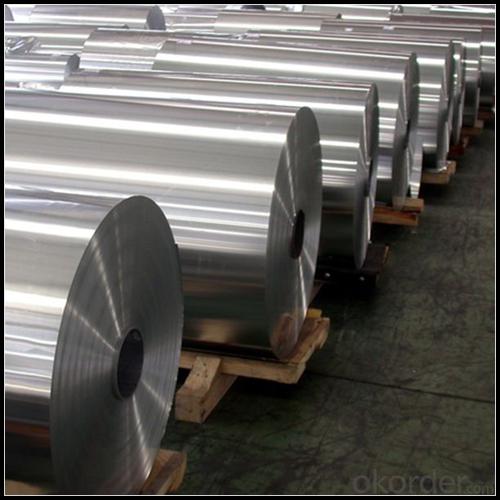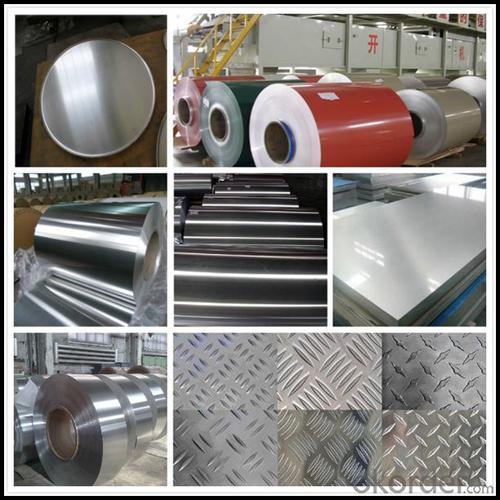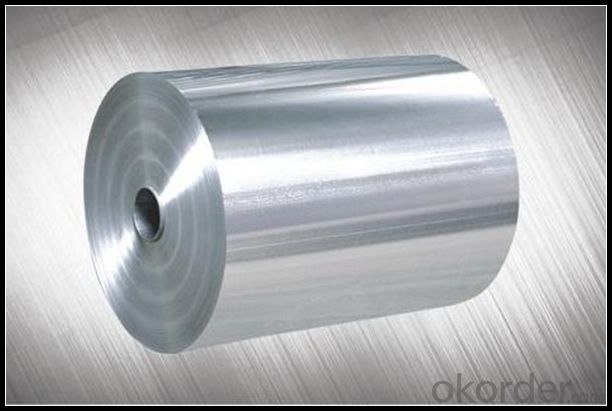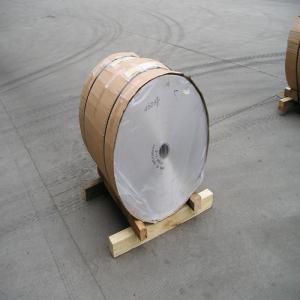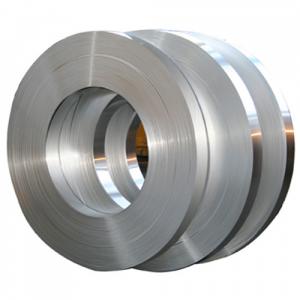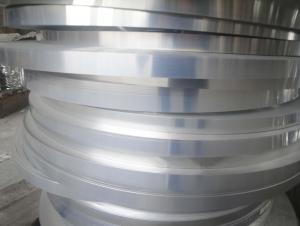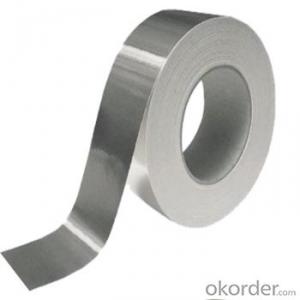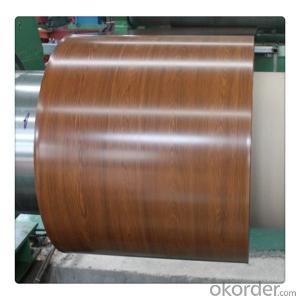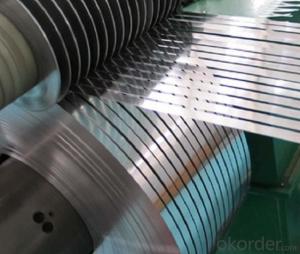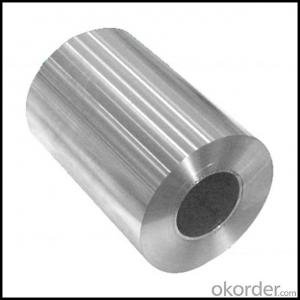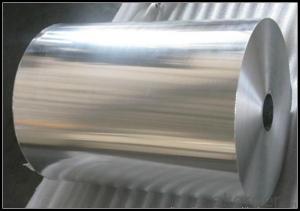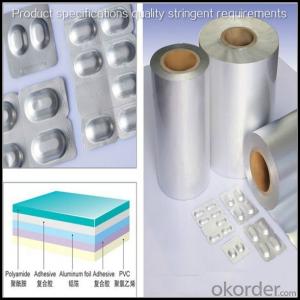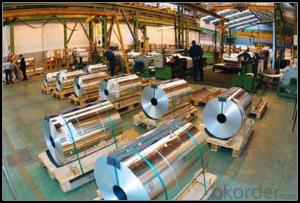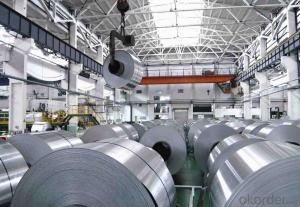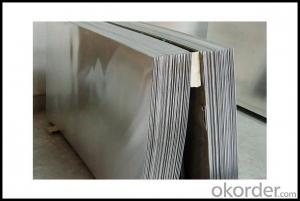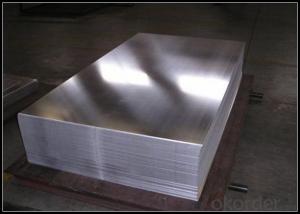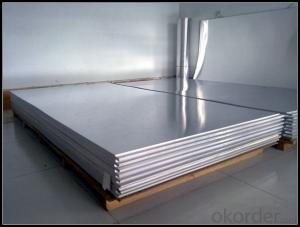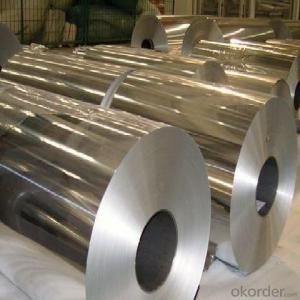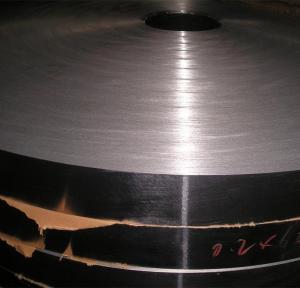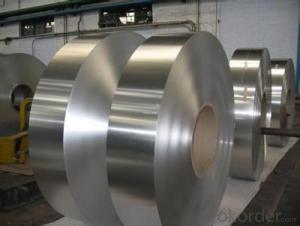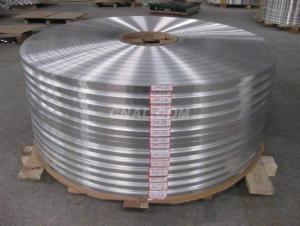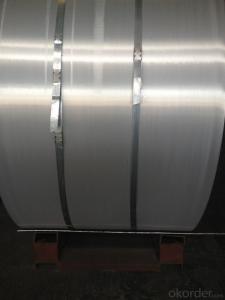Black Anodized Aluminum Strips - CC Material Aluminum Sheet for Building with Best Quality
- Loading Port:
- Tianjin
- Payment Terms:
- TT OR LC
- Min Order Qty:
- 1 m.t.
- Supply Capability:
- 4999 m.t./month
OKorder Service Pledge
OKorder Financial Service
You Might Also Like
Specification
1. Specification of Aluminum
1) Alloy | 1050, 1060,1100, 3003 3004 3105 3005 5005 5052 etc |
2) Temper | O/H12/H14/H1/H18/H32/H34/H36/H38//H111/H112/H116/H321/T6/T651/T3/T351 etc |
3) Thickness | 0.1mm to 6mm |
4) Width | 20mm to 3300mm |
5) Coil weight | 100kgs to 6 tons depends on actual requirement |
6) Core material | Aluminum alloy |
7) Coil Inner diameter | 76mm, 152mm,or as required |
2. Application of Aluminum
(1).Exterior: wall cladding, roofing, canopies, tunnels,column covers , renovations...
(2).Interior: wall cladding, ceilings, kitchens and balconies, shutters, doors...
(3).Advertisement: display platforms, signboards, fascia, shop fronts...
3. Feature of Aluminum
*This type of coil causes less material wastage than ingot when remelted.
*Our coil is made directly from ore, quality is much better than other suppliers who use ingot scrap to make coil.
*Such coil is specially designed to replace aluminum ingot, due to the high export tax of aluminum ingot, the coil has better price than ingot.
Be free from Oil Stain, Dent, Inclusion, Scratches, Stain, Oxide Dicoloration, Breaks, Corrosion, Roll Marks, Dirt Streaks and other defect which will interfere with use
4. Certificate:
SGS and ROHS(if client request, paid by client), MTC(plant provided), Certificate of Origin(FORM A, FORM E, CO), Bureau Veritas and SGS (if client request, paid by client), CIQS certificate
5. Image of Aluminum
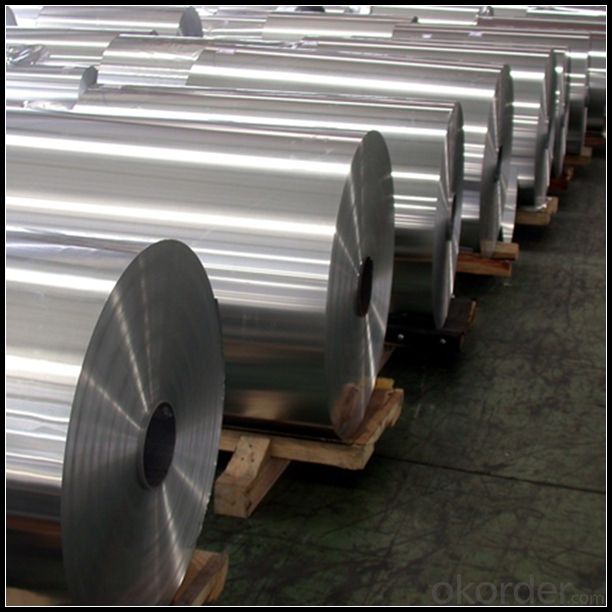
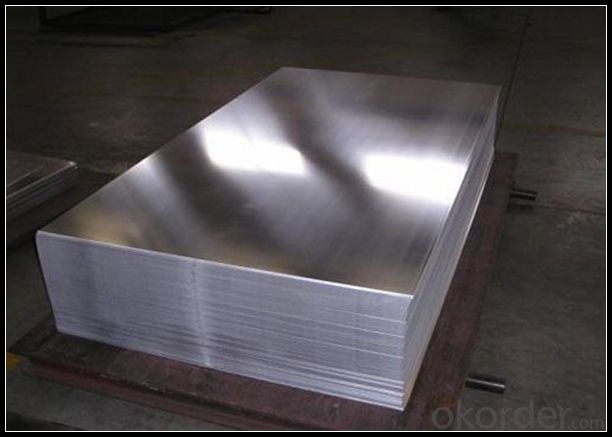
6. Our Service
1. Reply your enquiry in 24 working hours. |
2. OEM, buyer design, buyer label services provided. |
3. Exclusive and unique solution can be provide to our customer by our well traned and professional engineers and staffs. |
4. We can provide free sample for your check |
5. We have the certification of ISO 9001 |
6. Timely delivery |
7. Special discount and protection of sales area provided to our distributor. |
8. Good after-sale service. |
7. FAQ
Q: What is the produce prase? | ||||
A: Normally it would be 40days after received your deposit. | ||||
Q: Can you provide free samples? | ||||
A: Yes, free samples will be sent to you on freight at destination. | ||||
Q: Can I get your latest catalogue? | ||||
A: Yes, it will be sent to you in no time. | ||||
Q: What is the MOQ? | ||||
A: 3 tons | ||||
Q: What are your payment terms? | ||||
A: We accept L/C, D/A, D/P, T/T, West Union,etc. |
- Q: What types of aluminum strips are known for their durability and longevity?
- <p>Yes, there are several types of aluminum strips known for their durability and longevity. These include 3003-H14, 5052-H32, and 6061-T6 aluminum alloys. 3003-H14 is known for its excellent corrosion resistance and formability, making it ideal for applications requiring high durability. 5052-H32 offers good strength, corrosion resistance, and weldability, suitable for marine and structural applications. 6061-T6 is valued for its high strength-to-weight ratio and is commonly used in aerospace and automotive industries where long-lasting performance is crucial. Proper surface treatments and coatings can further enhance the durability and longevity of aluminum strips.</p>
- Q: Is it possible to utilize aluminum strips in a construction project focused on sustainability and environmental responsibility?
- <p>Yes, you can use aluminum strips for a green building project. Aluminum is a versatile and sustainable material due to its recyclability and low energy consumption in production. It also has a high strength-to-weight ratio, which can contribute to the energy efficiency of a building. However, it's important to consider the source of the aluminum and ensure it is produced with minimal environmental impact. Using recycled aluminum can further enhance the green credentials of your project.</p>
- Q: What are the potential safety hazards associated with the use of aluminum strips?
- <p>Aluminum strips are generally safe to use, but there are a few safety concerns to consider. They can be sharp and cause cuts if handled improperly. Additionally, aluminum dust, if inhaled, can cause respiratory issues. It's important to handle aluminum strips with care, wear protective gloves, and avoid inhaling dust. In the case of electrical applications, ensure that aluminum strips are properly insulated to prevent electrical shocks. Always follow safety guidelines and manufacturer instructions when using aluminum strips.</p>
- Q: What types of aluminum strips are better suited for specific uses?
- <p>Yes, different types of aluminum strips are more suitable for specific applications based on their properties. For instance, 1100 series aluminum strips are pure and have excellent formability, making them ideal for deep drawing applications. 3003 series strips are commonly used for chemical equipment, shipbuilding, and aircraft structures due to their good corrosion resistance and weldability. 5052 series strips are known for their high strength and are often used in marine applications and transportation vehicles. 6061 series strips are popular for structural applications requiring strength and good corrosion resistance, such as in the construction and automotive industries. The choice of aluminum strip depends on the specific requirements of the application, including strength, formability, corrosion resistance, and environmental factors.</p>
- Q: This question asks for the most suitable type of aluminum strip for outdoor applications.
- <p>The best type of aluminum strip for exterior use is typically 3003-H14 alloy. This alloy is known for its excellent corrosion resistance, which is crucial for outdoor applications where the strip may be exposed to various weather conditions. It also offers good formability, making it easy to shape and bend for various construction and architectural purposes. Additionally, 3003-H14 aluminum strip has good weldability, which is beneficial for applications where joining is required. It is commonly used for roofing, siding, and other exterior applications due to its durability and weather-resistant properties.</p>
- Q: This question asks for a comparison between aluminum strips and other roofing materials in terms of their characteristics and performance.
- <p>Aluminum strips are lightweight and highly durable, offering excellent resistance to corrosion and weathering. They are low-maintenance and have a long lifespan, often outlasting other materials like asphalt shingles. Compared to metal roofing, aluminum strips may be more prone to denting, but they are quieter and less likely to expand or contract with temperature changes. When compared to tile or slate, aluminum is much lighter, reducing the load on the structure and installation costs. However, it may not offer the same aesthetic appeal or insulation properties. Overall, aluminum strips are a cost-effective and eco-friendly choice for roofing, especially in areas with harsh weather conditions.</p>
- Q: Is it possible to utilize aluminum strips in outdoor settings?
- <p>Yes, aluminum strips can be used in outdoor applications. They are known for their corrosion resistance and durability, making them suitable for various outdoor uses. Aluminum's resistance to weathering and its ability to withstand temperature fluctuations without significant degradation make it an ideal material for outdoor construction, signage, and decorative purposes. However, it's important to consider the specific environmental conditions and protective coatings or treatments that may be necessary to prolong the life and performance of aluminum strips in outdoor settings.</p>
- Q: What are the various forms in which aluminum strips can be manufactured?
- <p>Aluminum strips come in a variety of shapes and sizes to suit different applications. Common shapes include rectangular strips, square strips, and round strips. Rectangular strips are the most common and are used in construction, automotive, and packaging. Square strips are often used in electrical applications and for decorative purposes. Round strips are less common but are used in specific industries such as aerospace and medical equipment. Additionally, aluminum strips can be flat, embossed, or have other surface treatments depending on the requirements of the application.</p>
- Q: This question asks about the differences between aluminum and stainless steel in terms of their ability to resist corrosion.
- <p>Yes, there are differences between aluminum and stainless steel in terms of corrosion resistance. Aluminum is highly resistant to corrosion due to the formation of a protective oxide layer on its surface, which prevents further oxidation. This makes it suitable for environments with high moisture or exposure to corrosive substances. Stainless steel, on the other hand, also has good corrosion resistance, especially when it contains higher amounts of chromium, which forms a passive film that protects the metal from corrosion. However, stainless steel can be more susceptible to corrosion in certain environments, such as those with chlorides, compared to aluminum.</p>
- Q: Are aluminum strips suitable for use as an insulating material on walls?
- <p>Aluminum strips are not typically used for wall insulation. Insulation materials are designed to provide thermal resistance and prevent heat transfer, whereas aluminum is a good conductor of heat, which would not effectively insulate a wall. Instead, materials like fiberglass, mineral wool, or polystyrene are commonly used for wall insulation as they have low thermal conductivity and can effectively reduce heat transfer.</p>
Send your message to us
Black Anodized Aluminum Strips - CC Material Aluminum Sheet for Building with Best Quality
- Loading Port:
- Tianjin
- Payment Terms:
- TT OR LC
- Min Order Qty:
- 1 m.t.
- Supply Capability:
- 4999 m.t./month
OKorder Service Pledge
OKorder Financial Service
Similar products
Hot products
Hot Searches
Related keywords
